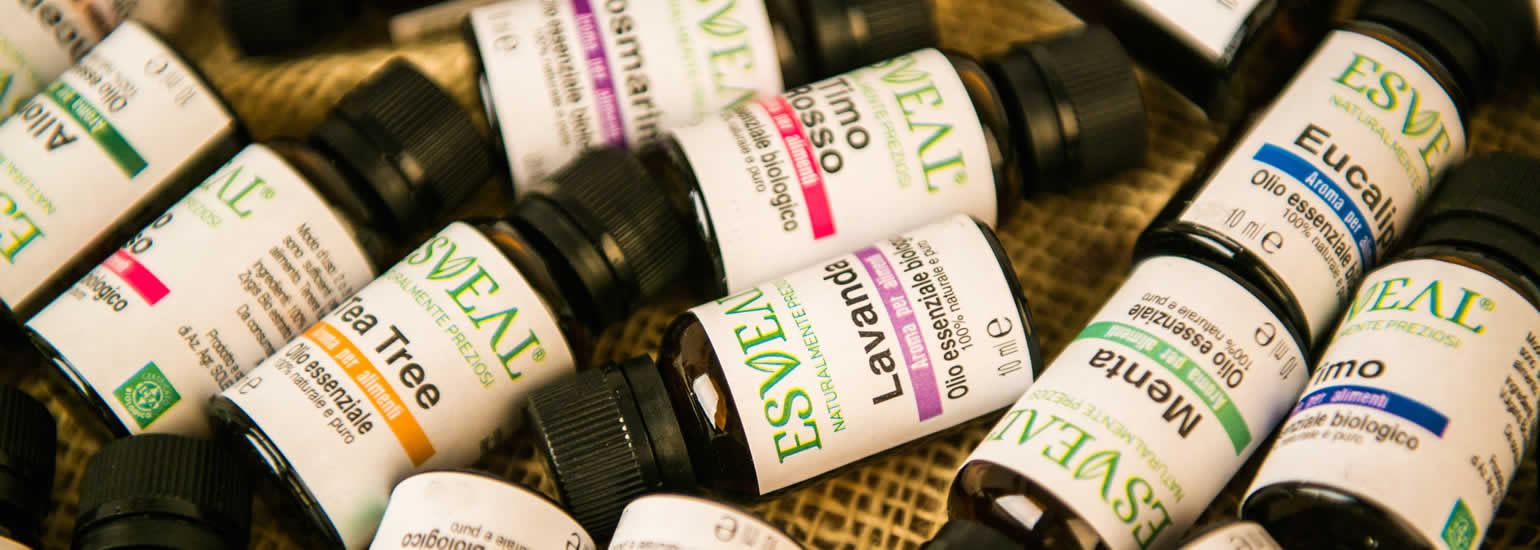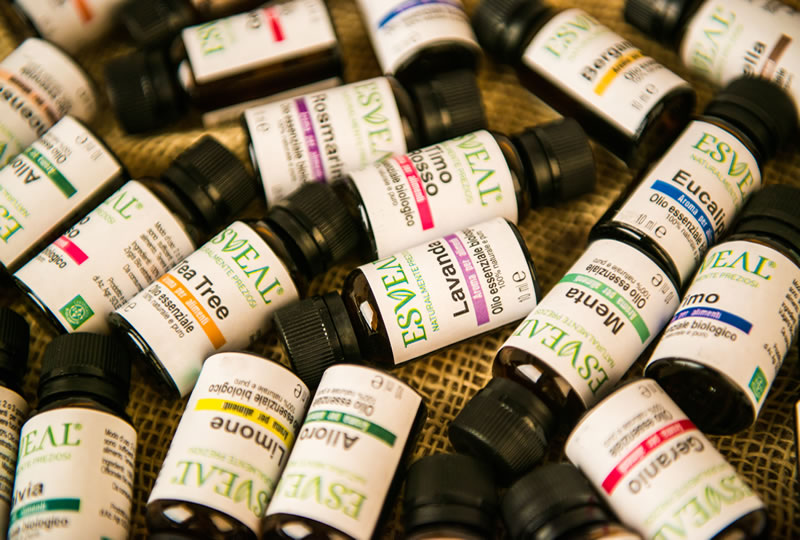
PURIFICATION OF ESSENTIAL OILS.

.
Related Topics : Good conservation practices for essential oils - characteristics of essential oils - Aromatic waters - Methods of extraction of essential oils - Organic essential oils - Essential oils and astrological functions - Essential oils and olfactory notes - Eucalyptus essential oil - lavender essential oil - lemon essential oil - rosemary essential oil - sage essential oil - thyme essential oil - Operational practice in the extraction of essential oils - Purification and rectification of essential oils - Yield in the extraction of essential oils - Use of essential oils
Decantation
Purification begins with Decantation. After a sufficiently long decantation time, a certain layer of water forms on the bottom of the container, which must be removed.
First Purification
The temperature is then gradually lowered (even to -15 -20 °C) to obtain the solidification of waxes and resins that can be removed by filtration with a vacuum flask.
Further Purification
The oil thus obtained, to be used, must be further purified by eliminating the useless, irritating and organoleptically unpleasant components. In it, in fact, there are substances with characteristics that are easily oxidized by resinifying the Essential Oil that, in this condition, acquires them.
Deterpenation
We then proceed with a fractional distillation called Deterpenation which, repeated two (Birettification) or three times (Triactification) eliminates the low boiling components (Head) consisting of monoterpenes, the high boiling components (tail) consisting of sesquiterpenes and the products of resinification. In this way, more stable and concentrated products are obtained. The deterpenized essences have a higher antiseptic power than the original one.
Rectification
For the rectification, equipment known as fractionated distillers are used to protect the essential oils and, equipped with a thermometer at the point of exit of the vapours, to control the progress of distillation and thus be able to change the collection vessel at the appropriate time. Knowing the boiling points of the fractions to be kept and those to be eliminated, it is possible, by controlling the temperature of the thermometer, to replace the collection vessel when the temperature indicates that the individual fractions are being distilled. Fractional distillation can be carried out at reduced pressure so as to limit the decomposition caused by the high temperature.
Related Topics : Good conservation practices for essential oils - characteristics of essential oils - Aromatic waters - Methods of extraction of essential oils - Organic essential oils - Essential oils and astrological functions - Essential oils and olfactory notes - Eucalyptus essential oil - lavender essential oil - lemon essential oil - rosemary essential oil - sage essential oil - thyme essential oil - Operational practice in the extraction of essential oils - Purification and rectification of essential oils - Yield in the extraction of essential oils - Use of essential oils